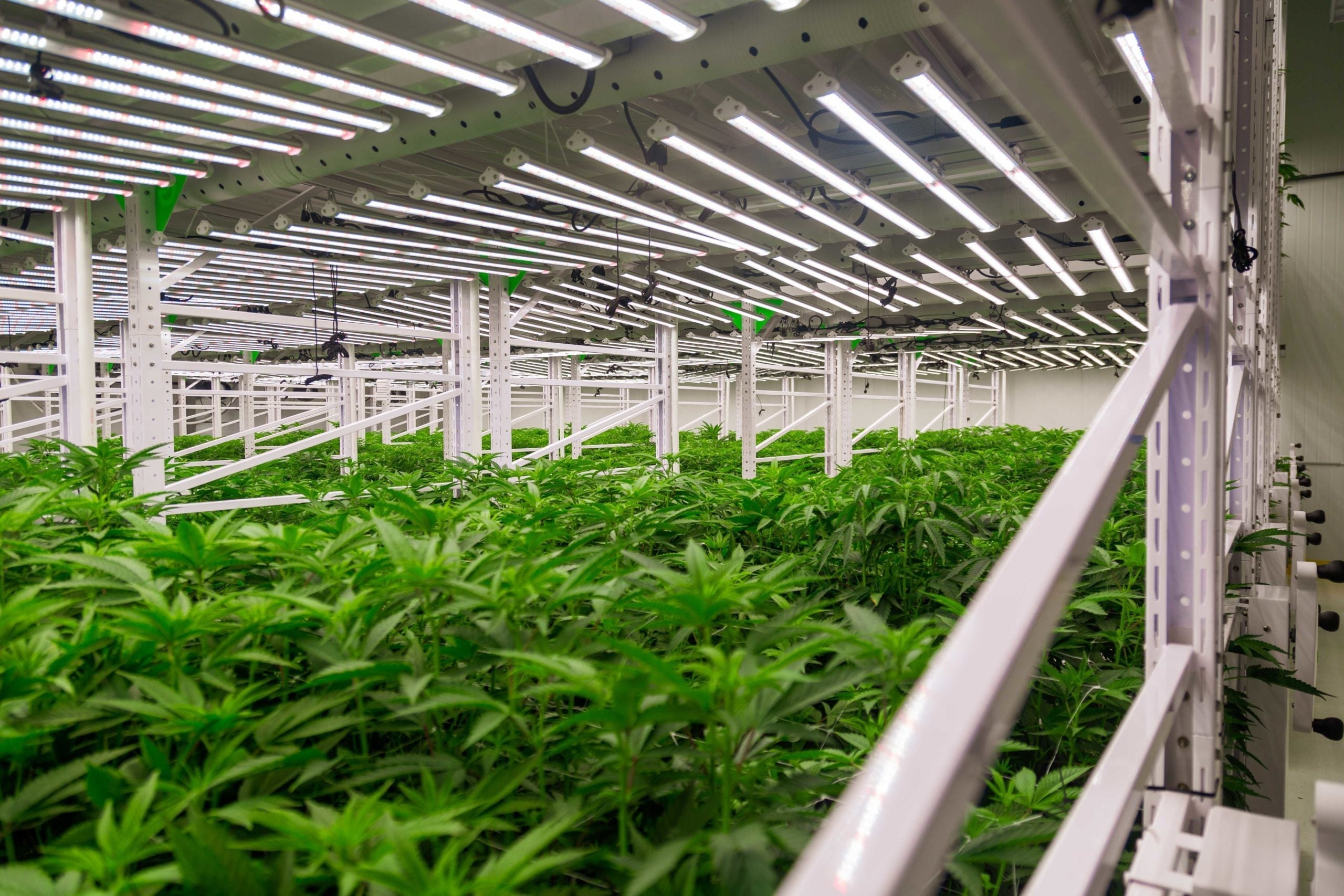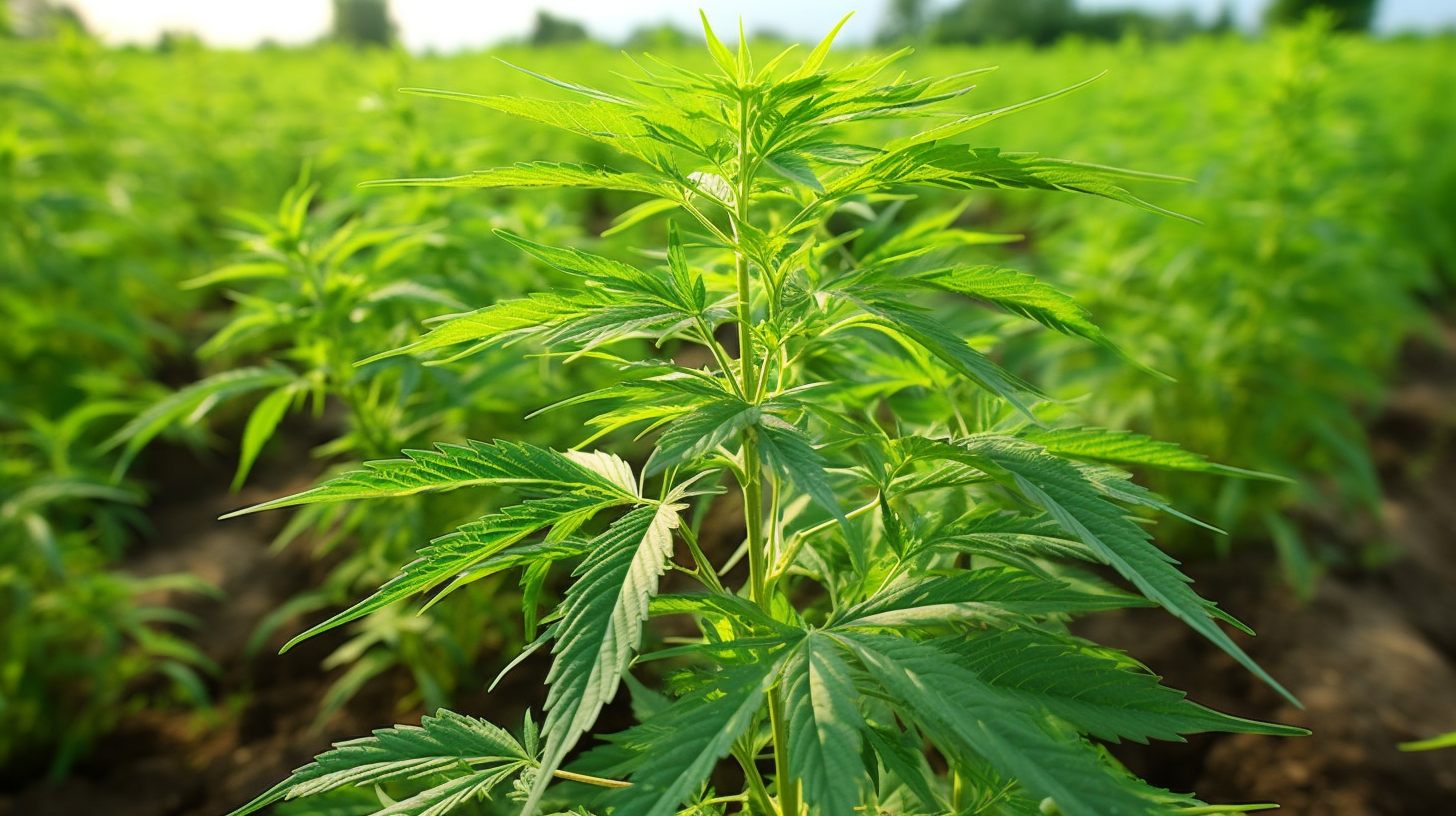
Trump Taps Marijuana Industry ‘Visionary’ As Special Envoy To Iraq
In a diplomatic move that shocked the staid halls of Foggy Bottom and sparked debate from Baghdad to Detroit, a US Special Envoy has been appointed to Iraq—a figure drawn not from the ranks of career foreign service but from the world of entrepreneurial finance. This non-traditional choice signals a White House intent on a complete strategic reset, dubbed the "Rejuvenate Iraq" doctrine, aiming to swap decades of military-first policy for an audacious, business-driven diplomatic offensive. The task is monumental, perhaps impossible: to catalyze a comprehensive economic and infrastructural renaissance in a nation perpetually struggling against sectarianism, corruption, and the crushing weight of oil dependency. The question is whether a 'visionary' from outside the political establishment can navigate one of the world's most complex geopolitical minefields.
The ‘Rejuvenate Iraq’ Doctrine: A New Diplomatic Offensive
The appointment is a dramatic shift away from conventional diplomatic practice. It underscores a belief that the long-standing challenges in Iraq are now fundamentally economic and logistical, rather than purely security-related. For decades, US policy was anchored by the fight against ISIS and the management of Iranian influence. While security remains paramount—with $250 million in Foreign Military Financing (FMF) to Iraq in Fiscal Year 2023—the new doctrine posits that political stability is impossible without economic viability. Iraq, an upper-middle-income country with a $315 billion (Nominal, 2025 est.) GDP, is crippled by structural failures. The 'Rejuvenate Iraq' mission seeks to unlock the nation’s non-oil economy, which is desperately needed given that the country remains one of the most oil-dependent in the world, with petroleum accounting for over 89% of foreign exchange earnings in 2024. The appointment of an envoy with a business background suggests a direct focus on foreign direct investment (FDI), private sector competitiveness, and rooting out the bureaucratic quagmire that has stalled previous aid efforts.
The Envoy's Mandate: Bridging Oil, Power, and People
The new envoy’s immediate mandate involves navigating a crisis of demographic and structural proportions. Iraq’s most critical vulnerability is its youth. The youth unemployment rate (ages 15-24) stood at a staggering 32.2% in 2023, a figure that skyrockets to 41% for rural youth. This massive, unemployed population, or “youth bulge,” is a tinderbox of instability, fueling both internal dissent and recruitment for extremist or militia groups. The nation’s overreliance on the government payroll—where the public sector accounts for 40% of all employment—means that growth in the oil sector, which is capital-intensive and employs less than one percent of the workforce, does little to relieve the pressure.
The Envoy's challenge is to execute a rapid diversification plan. The diplomatic focus will move from counter-terrorism talks to securing major infrastructure contracts in the non-oil economy, targeting areas like the Development Road megaproject and the rehabilitation of the national electricity grid. US foreign assistance in FY 2023, totaling $426 million, included a relatively modest $14.7 million for economic development, highlighting the small scale of past efforts compared to the size of the required overhaul. This new mission demands billions in private investment, which can only be achieved by radically simplifying Iraq’s notorious business registration and customs processes. The Envoy must be a salesperson, convincing skeptical multinational corporations that the political risk is worth the potential return.
Beyond the Beltway: The Case for a Non-Traditional Visionary
The selection of a non-traditional candidate, particularly one with a background in an emerging, highly regulated, and rapidly growing sector like the cannabis industry, represents a calculated risk. The underlying theory is that a successful entrepreneur, or "visionary," is uniquely equipped with the risk tolerance, creative problem-solving, and decisive leadership required to break the diplomatic mold. Traditional diplomacy often defaults to slow, consensus-driven processes, a pace Iraq cannot afford. This envoy is expected to act as a transactional facilitator, using their personal connections and business instincts to cut through bureaucratic paralysis and corruption—difficulties cited by local and foreign companies alike.
This appointment mirrors a historical trend of presidents deploying trusted, politically-connected figures for specific, high-stakes missions, especially those requiring expertise outside of standard government bureaucracy. However, the move is controversial. Critics point to the lack of career government experience, questioning the appointee's depth of knowledge regarding geopolitical complexities and the labyrinthine internal politics of Iraq, where power is heavily distributed among competing factions. For the 'Rejuvenate Iraq' mission to succeed, the Envoy must quickly pivot from the dynamic but relatively contained world of business to the high-wire act of foreign policy, winning the trust of Iraq’s Prime Minister and the leaders of the Kurdistan Region, all while managing Washington’s shifting priorities.
A Blueprint for Stability: Key Economic and Infrastructural Targets
True rejuvenation depends on fixing Iraq's critical infrastructure. The Envoy’s blueprint must focus on four key areas supported by real data:
- Electricity and Water Scarcity: Chronic power shortages cripple the economy and spark social unrest. Iraq is ranked by the UN as the fifth most vulnerable country to water and food shortages. Any rejuvenation plan must include massive investment in water treatment and the power grid to mitigate the effects of environmental degradation and rising temperatures.
- Financial Sector Reform: The banking sector remains largely a currency exchange system, with limited financing for projects and mortgages. To attract significant FDI, which stood at an estimated $112.233 billion in 2023, the Envoy must push for US Treasury and IMF-backed reforms that improve transparency and access to capital.
- Agricultural Security: Despite possessing arable land, Iraq is the third largest food importer in the Middle East. Reversing this trend, particularly through modern, climate-resilient farming techniques, would address both rural poverty (where the poverty rate is highest) and the food trade deficit, which stood at a crippling $13.7 billion in 2023.
- Anti-Corruption Measures: Without tackling corruption, any influx of capital will be siphoned away. The envoy's power will be measured not by how much money they commit, but by how many transparent, Western-standard businesses they facilitate that are not tied to the corrupt federal budget cycle.
Navigating the Geopolitical Minefield
The economic rejuvenation mission is inseparable from the geopolitical reality. Any initiative must gain tacit, if not overt, approval from regional stakeholders. Iran's influence over various political and armed factions inside Iraq is immense. The new Envoy must perform a delicate balancing act, ensuring that new US-backed investment benefits the Iraqi state and its people without triggering an adverse reaction from powerful, Tehran-aligned entities that view any shift in US strategy with deep suspicion.
Furthermore, managing the complex relations between the central government in Baghdad and the semi-autonomous Kurdistan Regional Government (KRG) is essential. The resolution of oil revenue disputes and the restart of the Iraq-Turkey Pipeline are prerequisites for attracting further hydrocarbon investment, a key area where a business-focused envoy could potentially find common ground faster than traditional diplomats. The successful "rejuvenation" of Iraq ultimately depends on the Envoy's ability to translate business acumen—speed, decisiveness, and deal-making—into a durable diplomatic framework that overcomes decades of entrenched security, political, and economic dysfunction. The stakes are immense, not just for the future of Iraq, but for the entire regional balance of power.
Inspired by the call for economic rejuvenation in high-stakes environments, D Squared WorldWide offers your business a wholesale line built on bold vision and operational efficiency. Just as non-traditional thinking is required to unlock nations, our curated collection is designed to unlock your profit potential.
We bypass the traditional "minefields" of sourcing and logistics to deliver products that meet current market demands for quality and quick turnover. Leverage our commitment to transparency and decisive action to revitalize your inventory and impress your customers.
Ready to see how a visionary wholesale partnership can transform your bottom line? Schedule a call today to view the D Squared WorldWide catalogue and discuss a tailored plan for your success.
Reference:
1. Al-Hashimy, H., Jinfang, Y., Hussein, W., & Hussain, H. (2023). Resilience and reconstruction: unraveling the economic trajectory of iraq post-2003. International Journal of Multidisciplinary Research and Growth Evaluation, 4(6), 325-332. https://doi.org/10.54660/.ijmrge.2023.4.6.325-332
2. Alabdalrahman, G., Ahamat, H., & Althabhawi, N. (2023). Foreign direct investment: a comparative analysis between iraq and the uae. Sriwijaya Law Review, 262-286. https://doi.org/10.28946/slrev.vol7.iss2.2773.pp262-286
Ali, S. and Jameel, S. (2021). The impact of foreign direct investment on gross domestic product in iraq during the period (2006 - 2015). Academic Journal of Nawroz University, 10(1), 382. https://doi.org/10.25007/ajnu.v10n1a1122



